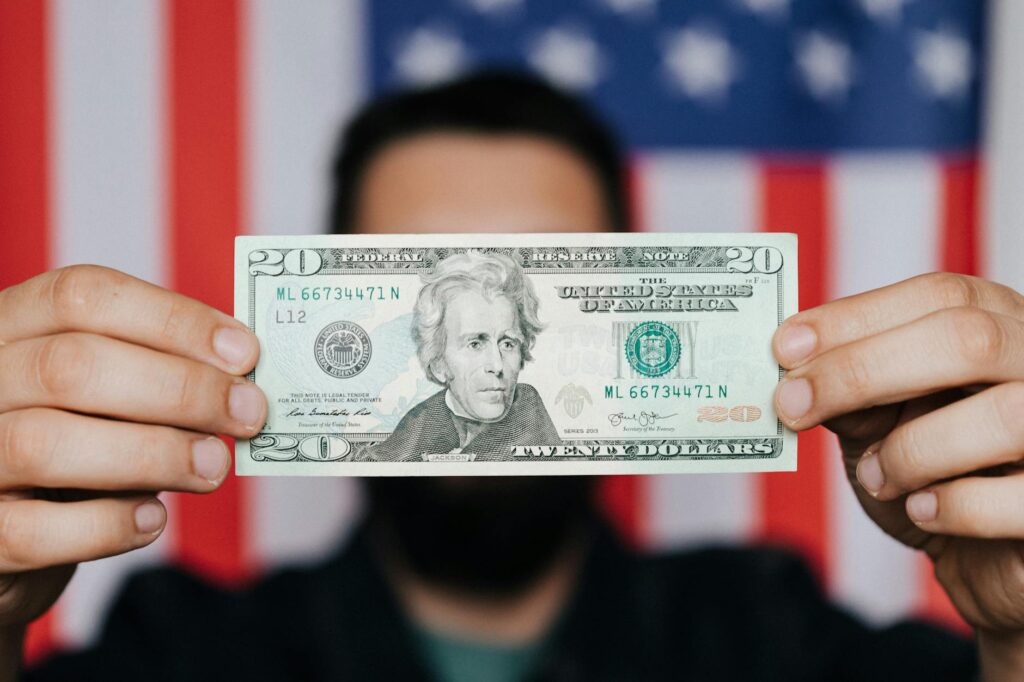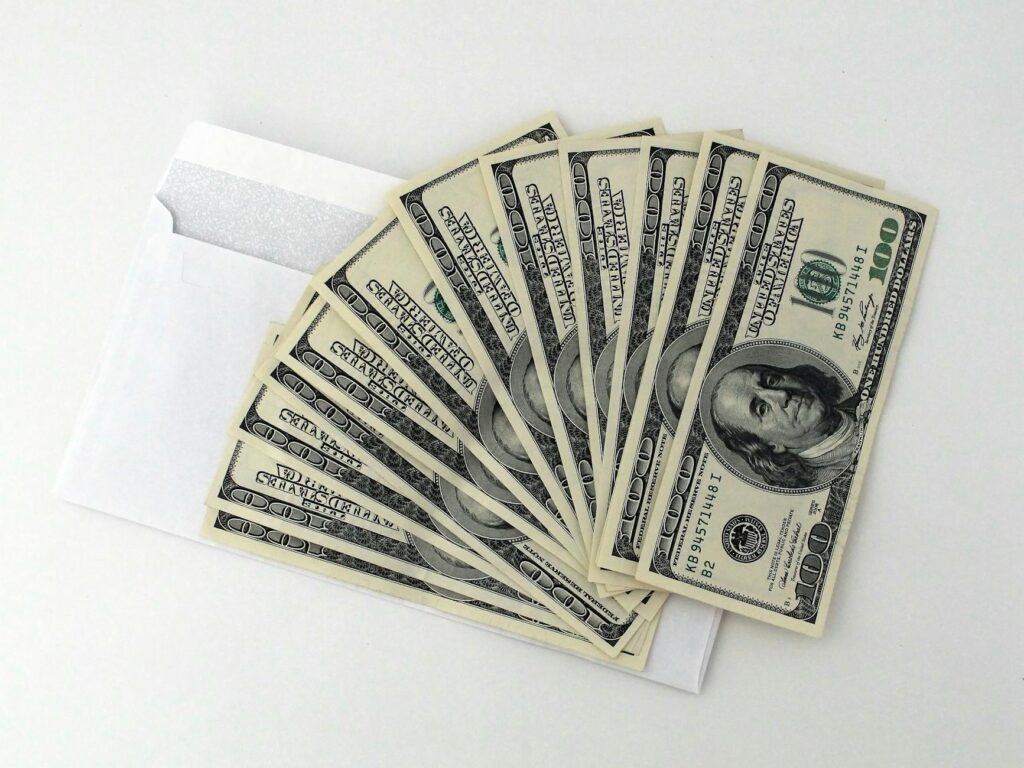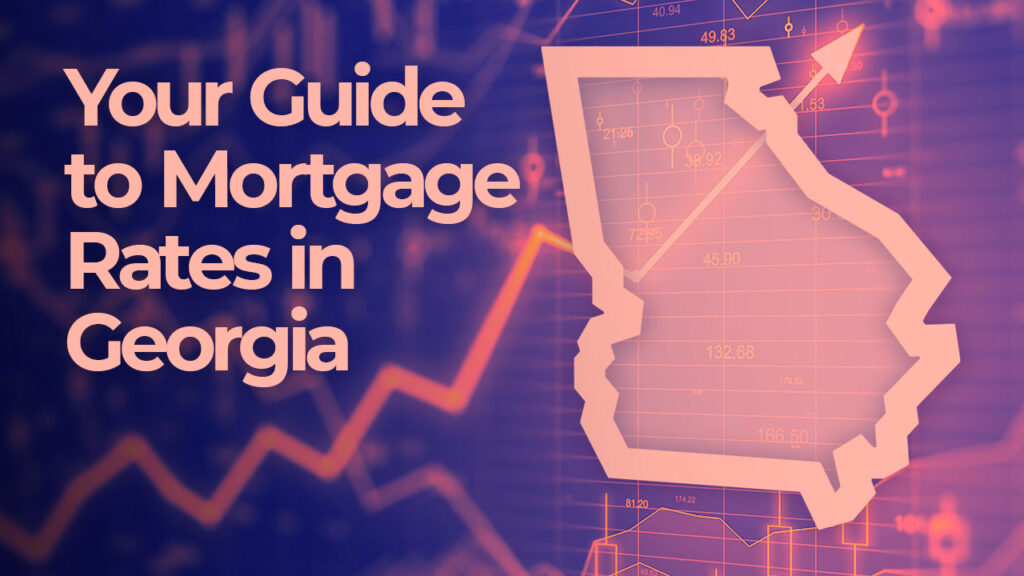Introduction
The allure of “no credit check” small loans in the USA is undeniable, especially for those facing financial emergencies or building credit. But the truth is often more nuanced than the advertising suggests. This post will delve into the realities of these loans, helping you make informed decisions.
What are No Credit Check Loans?
These loans don’t require a traditional credit check through major bureaus like Experian, Equifax, or TransUnion. Lenders often use alternative methods to assess risk. 
How Do Lenders Assess Risk Without Credit Checks?
Lenders might look at your bank statements, employment history, or other financial data to gauge your ability to repay. They may also use alternative credit scoring systems.
Higher Interest Rates: The Catch
Because these loans carry higher risk for lenders, expect significantly higher interest rates compared to traditional loans. Understanding APR is crucial before committing.
Shorter Repayment Terms
No credit check loans typically come with shorter repayment periods, meaning larger monthly payments.
Potential for Debt Traps
The high interest rates and short repayment terms can easily lead to a debt trap if you’re not careful. Always budget meticulously before applying.
Payday Loans: A Common Type
Payday loans are a frequent example of no credit check loans, known for their extremely high interest rates. Learn more about payday loan risks.
Title Loans: Another Option
Title loans use your car title as collateral. If you default, you risk losing your vehicle.
Installment Loans: An Alternative
Some installment loans may offer slightly more lenient terms, though they still often bypass traditional credit checks. 
Online Lenders: Convenience and Risks
Applying online is convenient, but be wary of predatory lenders. Always research thoroughly before choosing a lender.
Checking Your Credit Report
It’s smart to check your credit report from all three major bureaus AnnualCreditReport.com before seeking any loan to understand your existing standing.
Comparing Loan Offers
Always compare offers from multiple lenders to find the most favorable terms. Don’t settle for the first offer you receive.
Reading the Fine Print
Carefully review all loan documents before signing anything. Understand the fees, interest rates, and repayment terms completely.
Building Good Credit
Improving your credit score makes you eligible for better loan terms in the future. Consider strategies like paying bills on time and utilizing credit responsibly. 
Financial Counseling
Seek professional financial counseling if you’re struggling with debt or need help managing your finances. Find a credit counselor near you.
Government Assistance Programs
Explore government assistance programs if you’re facing a financial crisis. They might offer alternatives to high-interest loans.
The Importance of Budgeting
Create a realistic budget to ensure you can afford the loan payments without jeopardizing your financial stability. Budgeting tips and tools.
Conclusion
No credit check loans can provide a lifeline in emergencies, but they’re not without significant risks. By understanding the potential pitfalls and making informed choices, you can navigate this financial landscape more safely.
Frequently Asked Questions
What happens if I can’t repay a no credit check loan? This can lead to serious consequences, including debt collection, damage to your credit report (even though it wasn’t initially checked), and potential legal action.
Are no credit check loans legal in all states? The legality and regulations vary by state. Always check your state’s lending laws.
What are the alternatives to no credit check loans? Consider exploring options like asking family/friends for help, using a credit union, or seeking government assistance programs.
How can I avoid predatory lenders? Research the lender thoroughly, read reviews, and check licensing information before applying.
Can a no credit check loan help build my credit? Typically, no. These loans don’t usually report to credit bureaus in a way that positively impacts your score.


